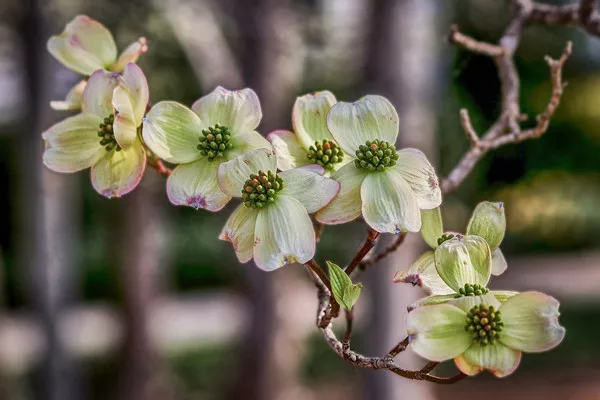Flowers are a delightful addition to any garden, and if you’re a tortoise owner, you might be wondering which flowers are safe and suitable for your shelled friend to munch on. While tortoises primarily graze on greens, certain flowers can be a tasty and nutritious treat for them.
The Importance of a Tortoise’s Diet
Before delving into specific flowers, it’s crucial to understand the dietary needs of tortoises. Tortoises are herbivorous reptiles with a preference for leafy greens, grasses, and certain succulents. Their diet should be high in fiber, low in protein, and rich in calcium. Flowers, when chosen wisely, can add diversity to their diet, provide essential nutrients, and stimulate their foraging instincts.
Safe Flowers for Tortoises
Dandelions (Taraxacum officinale): Dandelion flowers are a favorite among tortoises. These bright yellow blooms are not only safe but also nutritious, offering vitamins A and C. However, ensure that the dandelions are free from pesticides.
Clover (Trifolium spp.): Clover flowers, such as red clover and white clover, are safe for tortoises. They are rich in fiber and provide a good source of calcium.
Hibiscus (Hibiscus rosa-sinensis): Hibiscus flowers, when pesticide-free, are a colorful treat for tortoises. They contain essential vitamins and minerals.
Rose (Rosa spp.): Roses can be given as an occasional treat. Ensure they are free of pesticides and thorns, and remove the petals from the base.
Mallow (Malva spp.): Mallow flowers, also known as “mallow family” or “cheese plant” flowers, are safe and nutritious for tortoises.
Marigold (Calendula officinalis): Marigold flowers are not only safe but also have anti-inflammatory properties. However, they should be given in moderation.
Viola (Viola spp.): Viola flowers, including pansies and violets, are safe and come in various colors, adding vibrancy to your tortoise’s diet.
Nasturtium (Tropaeolum majus): Nasturtium flowers are safe and provide a peppery flavor that some tortoises enjoy. They are also rich in vitamin C.
Chrysanthemum (Chrysanthemum spp.): Chrysanthemum flowers, when pesticide-free, can be offered as an occasional treat. Remove the petals from the base.
Daisy (Bellis perennis): Daisy flowers are safe for tortoises and can be included in their diet, but only in moderation.
Borage (Borago officinalis): Borage flowers are not only safe but also rich in essential fatty acids, making them a healthy addition to your tortoise’s diet.
Sunflower (Helianthus annuus): Tortoises can enjoy the petals of sunflowers, but be cautious with the seeds, as they are high in fat and should be limited.
Zinnia (Zinnia spp.): Zinnia flowers come in various colors and are safe for tortoises. They add a burst of color to their diet.
Calendula (Calendula officinalis): Calendula flowers, also known as pot marigolds, are safe and have anti-inflammatory properties.
Chicory (Cichorium intybus): Chicory flowers are safe and nutritious, offering vitamins and minerals to your tortoise.
Important Considerations
While the aforementioned flowers are generally safe for tortoises, there are several essential considerations to keep in mind:
Pesticides: Always ensure that the flowers you provide are free from pesticides, herbicides, and other chemicals that could harm your tortoise.
Moderation: Flowers should be offered as a supplement to your tortoise’s primary diet of leafy greens. Overindulgence in certain flowers can lead to digestive issues.
Variety: Aim to provide a variety of safe flowers to ensure your tortoise receives a balanced diet.
Thorns and Stems: Remove thorns and stems from flowers before offering them to your tortoise to prevent injury or choking hazards.
Observation: Observe your tortoise when introducing new flowers to ensure they don’t have adverse reactions.
Invasive Species: Avoid offering flowers from invasive plant species, as they can negatively impact your garden and local ecosystem.
Conclusion
Introducing safe flowers into your tortoise’s diet can provide them with not only a colorful and diverse menu but also essential nutrients and enrichment. However, always prioritize their primary diet of leafy greens and consult with a veterinarian who specializes in reptile care to ensure you are meeting your tortoise’s dietary requirements. With proper care and attention to their nutritional needs, your tortoise can enjoy the occasional floral feast while thriving in their habitat.


